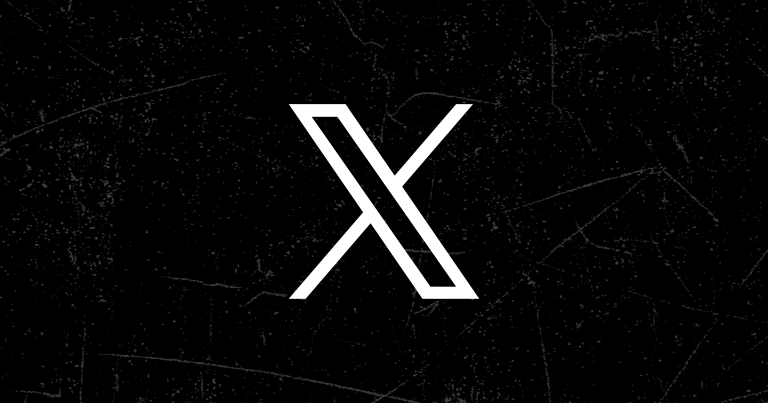And what I've been trying to explain this whole time is that the dichotomy you have in your mind between platforms and publishers isn't real.
Sorry, but I call bullshit on that.
The terms you use have no legal meaning. "Platforms" don't get special protections - every site on the internet gets those protections. That's the whole point of Section 230.
While the point of section 230 is to protect 'interactive computing services' from what crap their users post, fair enough, it doesn't give those 'interactive computing services' free reign to suppress speech which they disagree with, which is exactly what they've been doing.
Further, it is hardly a surprise that speech which they disagree with, which they are more than willing to censor, doesn't apply to the hateful and death threatening Black Nationalist speech posted on social media from the most recent New York shooter.
Are we to take from those editorial decisions of the social media companies that conservative opinions are worthy of censorship while at the same time the same standards don't apply, just as long as they are in alignment of the hateful, life threatening speech which agrees with those social media companies political leans?
That's a total bullshit standard for the new public square, and I object, and I feel that I have both a right as well as a civic duty to object. Free speech limitations should not fall to political consensus.
In summary, the dichotomy isn't mine, it's yours, in that you appear to want to censor speech which you don't agree with, and are willing to lend Section 230 protection to those companies with who's editorial decision you agree with.
The conversation between you and I began when you claimed you wanted to "revise" Section 230 without "changing" it.
No, what I said was that it may need considered revision, that's not the same as demanding revision all to one political lean.
I admit that it's a difficult balance between free speech in the digital public square, the freedom to express it, and indeed not free from criticism of that which is expressed, but certainly free from censorship of expressing those opinions and ideas. But this is exactly what the social media companies actions, at a publication level of editorial decisions, entail and result in. So I'm sure that you can understand my fervent objections to such actions by the social media companies.
Taken another way, if social media companies don't wish to be subject to such scrutiny and requirements, they need not be, nor have, the monopolistic dominance that some of them have.
The rest of your TL;DR post seems a little upset. Maybe you should take a step back for a couple of minutes?
I stand by what I posted. It is not from an 'upset' perspective. Too bad that you consider it as TL;DR. Do opinions other than what you agree with often suffer from the same fate? I wonder.




